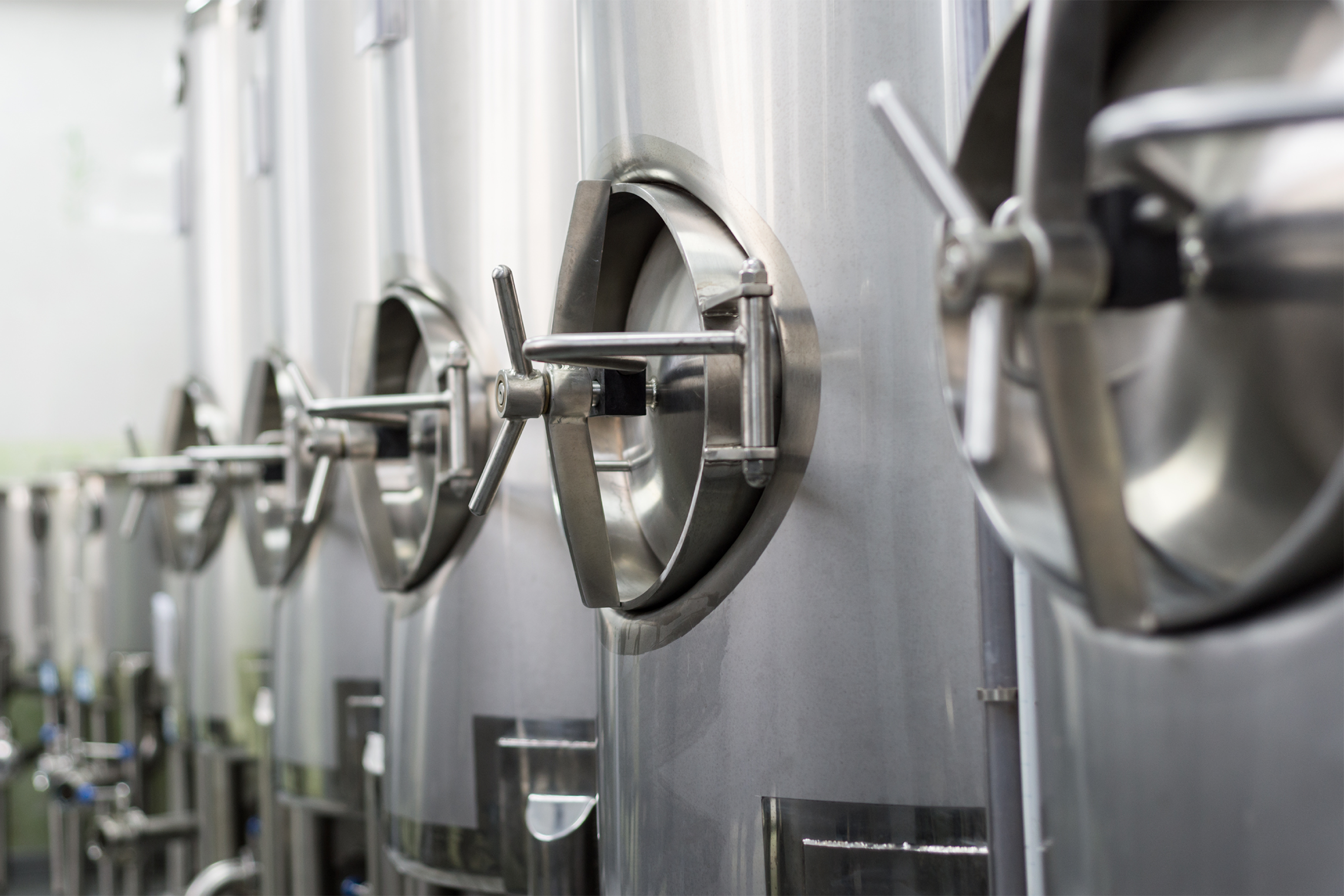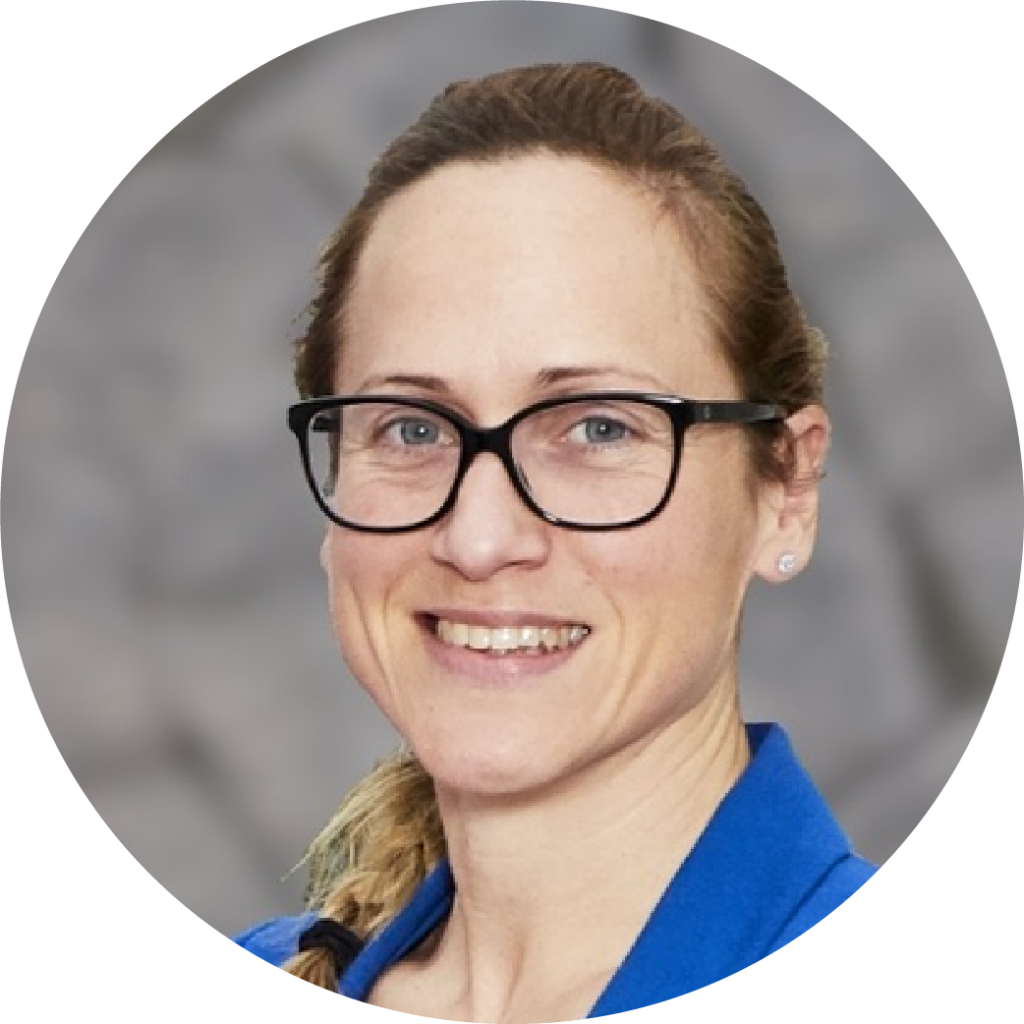
Designing large-scale bioreactors and bioprocesses for cultivated meat
Webinar description
How can bioreactors and bioprocesses be optimally designed for cultivated meat production? Realizing the potential of cultivated meat and seafood requires adapting current technologies and innovating new bioprocess design. The scales needed to achieve significant levels of food production are far greater than for other tissue-engineered products. Plus, unlike many biomedical applications of tissue engineering bioprocessing which produce high-value products, cultivated meat needs to compete on cost with much more affordable products. Dr. Ellis will discuss her team’s approach to bioreactor and bioprocess design for the affordable large-scale production of cultivated meat.
Meet the speaker
Dr. Ellis is an Associate Professor in Biochemical Engineering and the Head of the Chemical Engineering Department at the University of Bath. She holds a strong academic and commercialization track record with expertise in tissue engineering and bioprocess design. As a chartered engineer with expertise in tissue engineering bioreactor design and bioprocessing, her work is applied to cell therapies, in vitro models, and cultivated meat production. For her cell therapy work, she held a Leverhulme/Royal Academy of Engineering Senior Fellowship for the scale-up of regulatory T-cells. This technology is now being applied to other tissue engineering applications including cultivated meat. Dr. Ellis is a founding director and CTO for the successful startup Cellesce Ltd., and co-founder of Cellular Agriculture Ltd.





